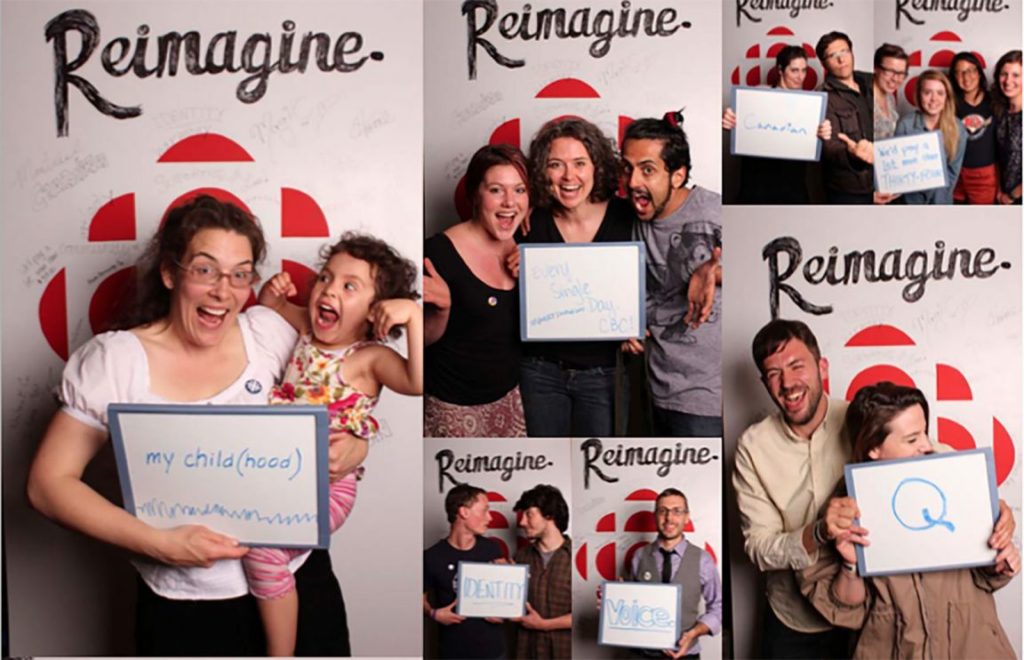There’s no question that the internet has ushered in a renaissance in building advocacy movements. We now have a number of platforms to coordinate global activism campaigns and connect large bases of supporters. But in spite of all the technological developments, there’s been scant public discourse among organizers and campaigners about the strategies they employ to win support for their causes.
That's why it's heartening to see OpenMedia, a digital rights organization based in Vancouver, publish its guiding principles. Among other things, the piece outlines why the organization chose crowdsourcing as its primary digital organizing strategy:
Our processes and methods of crowdsourcing are based on our belief that the best ideas come those most impacted by our work, and that the challenges we face are really the result of a democratic deficit in governing institutions. In short, we believe that if citizens rather than lobbyists are in the driver's seat of government decisions we’ll have better outcomes to the most pressing issues of our time including digital rights.
So what is crowdsourcing? We've all heard it in the context of fundraising platforms like Kickstarter and Indiegogo, but it refers to the general process of obtaining services, content, resources, and/or ideas by soliciting contributions from a large group of people. While this concept has been around since the dawn of civilization, the internet has revolutionized it, and empowered all kinds of new participatory projects.
OpenMedia relies on crowdsourced civic engagement to tackle issues of access, privacy, net neutrality, and other key digital issues. It views its community as busy and intelligent, and emphasizes the importance of meeting people where they are at. Since its campaigns are so collaborative, it also makes sure to share ownership and decision-making in the organization with its community as much as possible.
What does this look like in practice? OpenMedia maintains an ongoing dialogue with its community on its website by asking for input on specific issues. It also has open chat channels to stay connected on a continual basis. The organization often embeds comments received by its community in its blog posts and reads them out loud in face-to-face meetings with policymakers.
The group’s report is an honest reflection of its methods. By publishing it, OpenMedia is further acting upon its principles, which is itself an extension of how it wants the internet to operate — open, participatory, and collaborative. In other words, it’s using the strength of the internet to save the internet.
##
Top photo: OpenMedia / CC BY-NC-SA 2.5 CA









